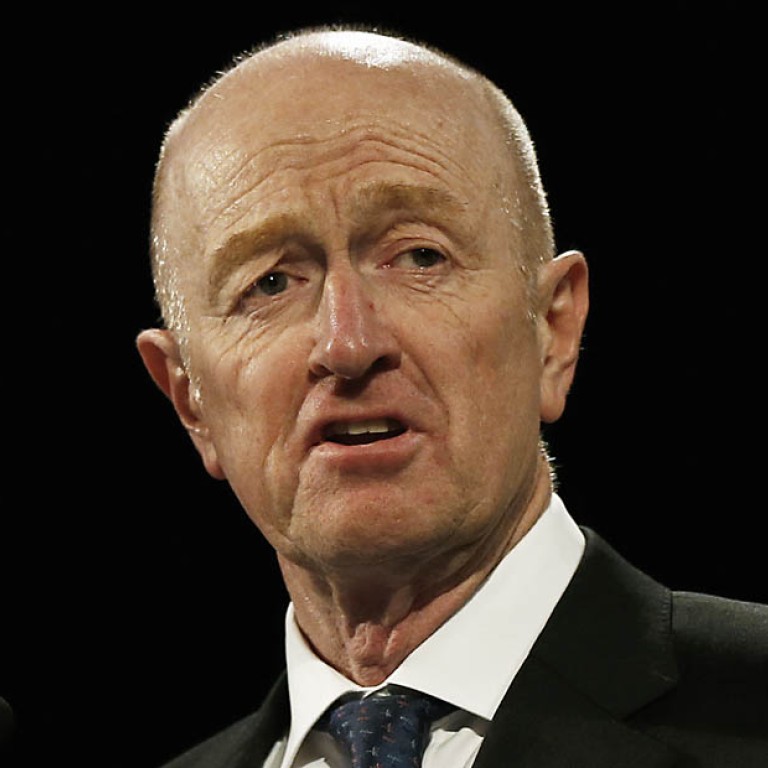
RBA sees cash rate staying at record low
Minutes of Australian central bank's last meeting show concern over slowing growth
Australia's central bank signalled record-low interest rates are set to remain in place as inflation is contained and the economy adjusts to fewer resource projects.
"The board noted that overall growth in coming quarters was likely to be below trend given expected slower growth in exports, the decline in mining investment and the planned fiscal consolidation," the Reserve Bank of Australia said in minutes released yesterday of its May 6 meeting, where it kept the cash rate unchanged at 2.5 per cent.
"The current accommodative stance of policy was likely to be appropriate for some time yet."
Overall growth in coming quarters [is] likely to be below trend
Governor Glenn Stevens has held borrowing costs as the government prepared a fiscal tightening strategy set to drag on growth.
Markets and most economists predict he will keep policy steady for the rest of this year to prevent a growth gap as mining companies scale back development. Low borrowing costs are driving up home prices, underscoring why the RBA might be reluctant to add to 2.25 percentage points of rate cuts since late 2011.
"A sustained increase in dwelling investment was in prospect, consumption had strengthened a little and business conditions were around average levels," the minutes said.
"With growth in activity expected to pick up only gradually, and spare capacity in the labour market consequently remaining for some time, growth in domestic costs was forecast to remain contained."
In a departure from previous statements, the RBA omitted commentary on the currency's level versus historical standards in its section discussing considerations for policy.
Australia's dollar dropped 14 per cent last year, the steepest decline after the yen among 10 developed-nation currencies tracked by Bloomberg. It has climbed almost 4 per cent in the past three months as traders bet the RBA's easing cycle has ended.
Loose policy has boosted household spending and confidence. The nation's unemployment rate unexpectedly held at 5.8 per cent last month.
The government said on May 13 it would cut spending on welfare and the public service and impose a tax on the highest-paid as it sets a path to a budget surplus.
In the days that followed, opinion polls showed a high proportion of voters said they believed the changes would hurt their finances, and support for the government dropped.
Policymakers noted in the minutes that house price inflation "had eased somewhat in recent months from the earlier rapid pace".
